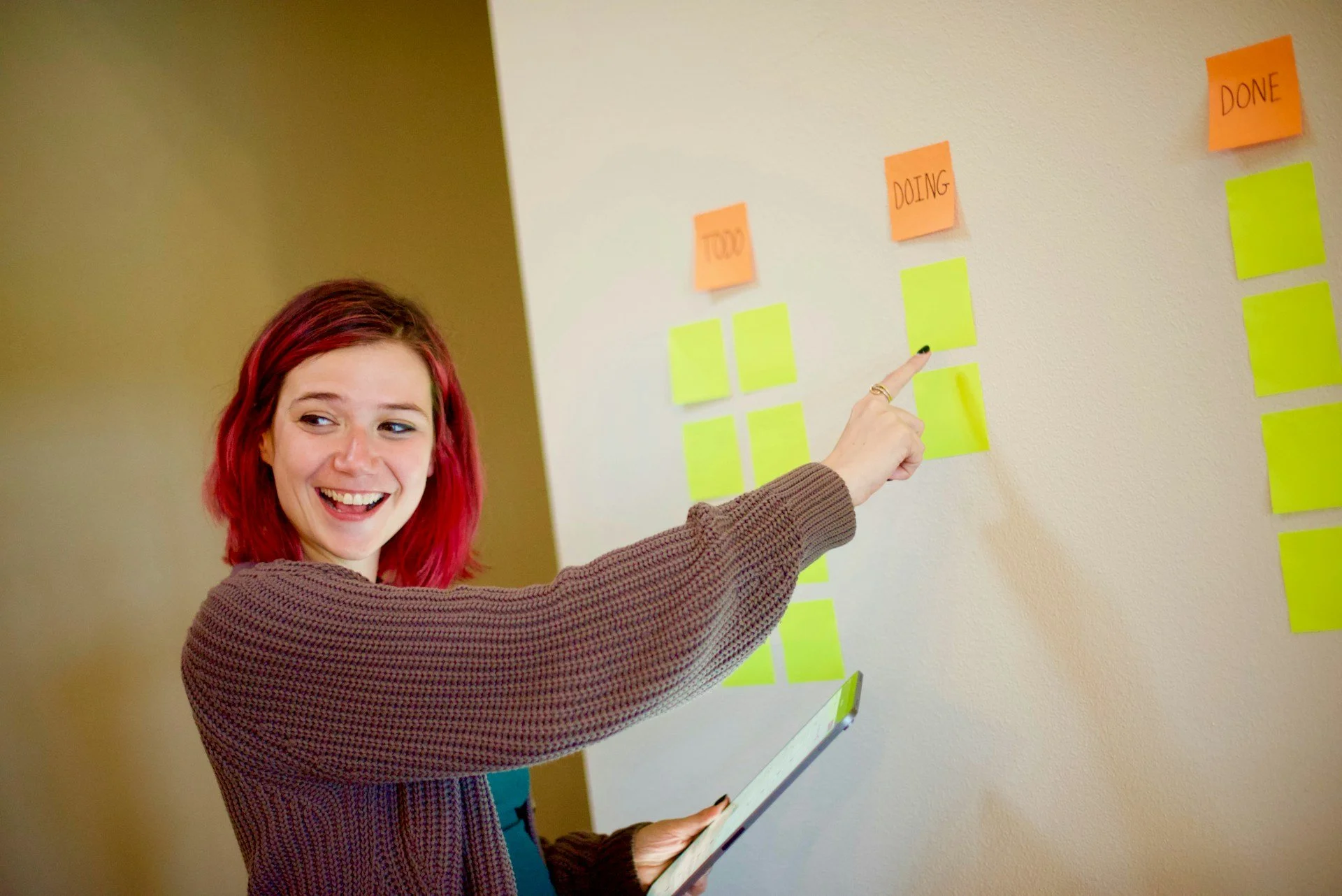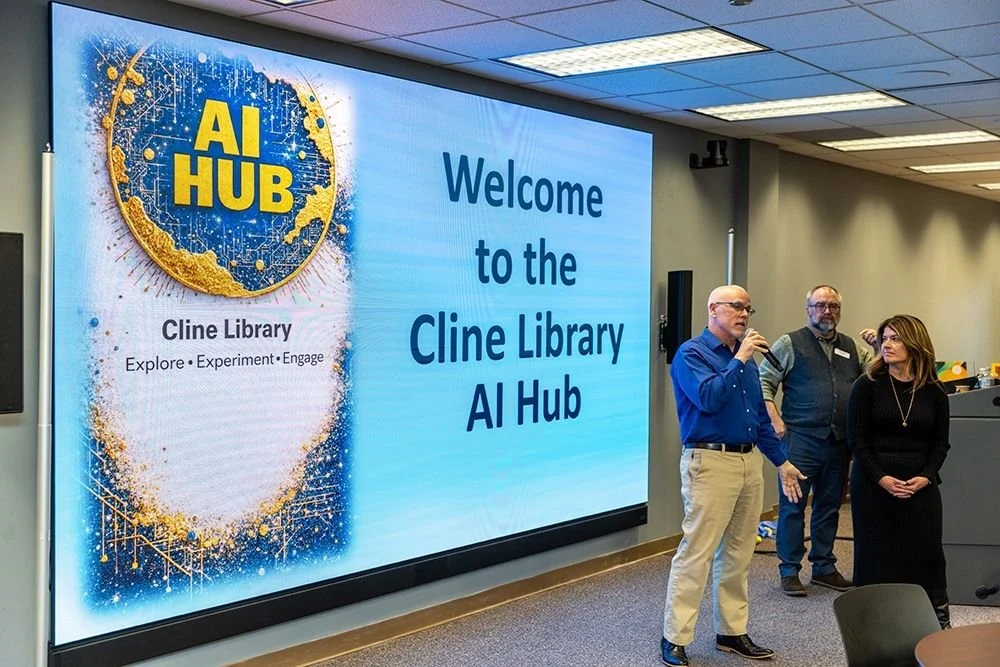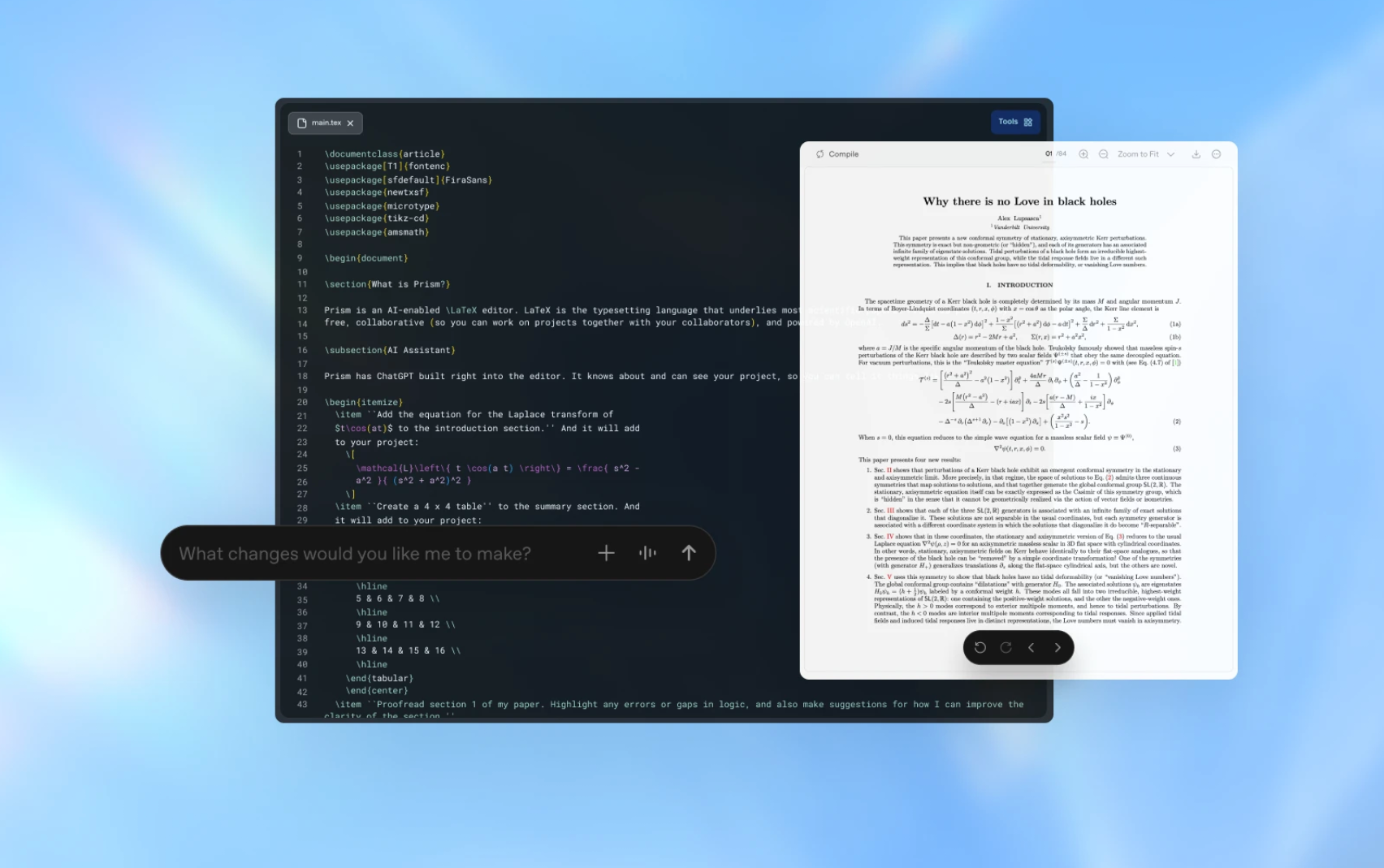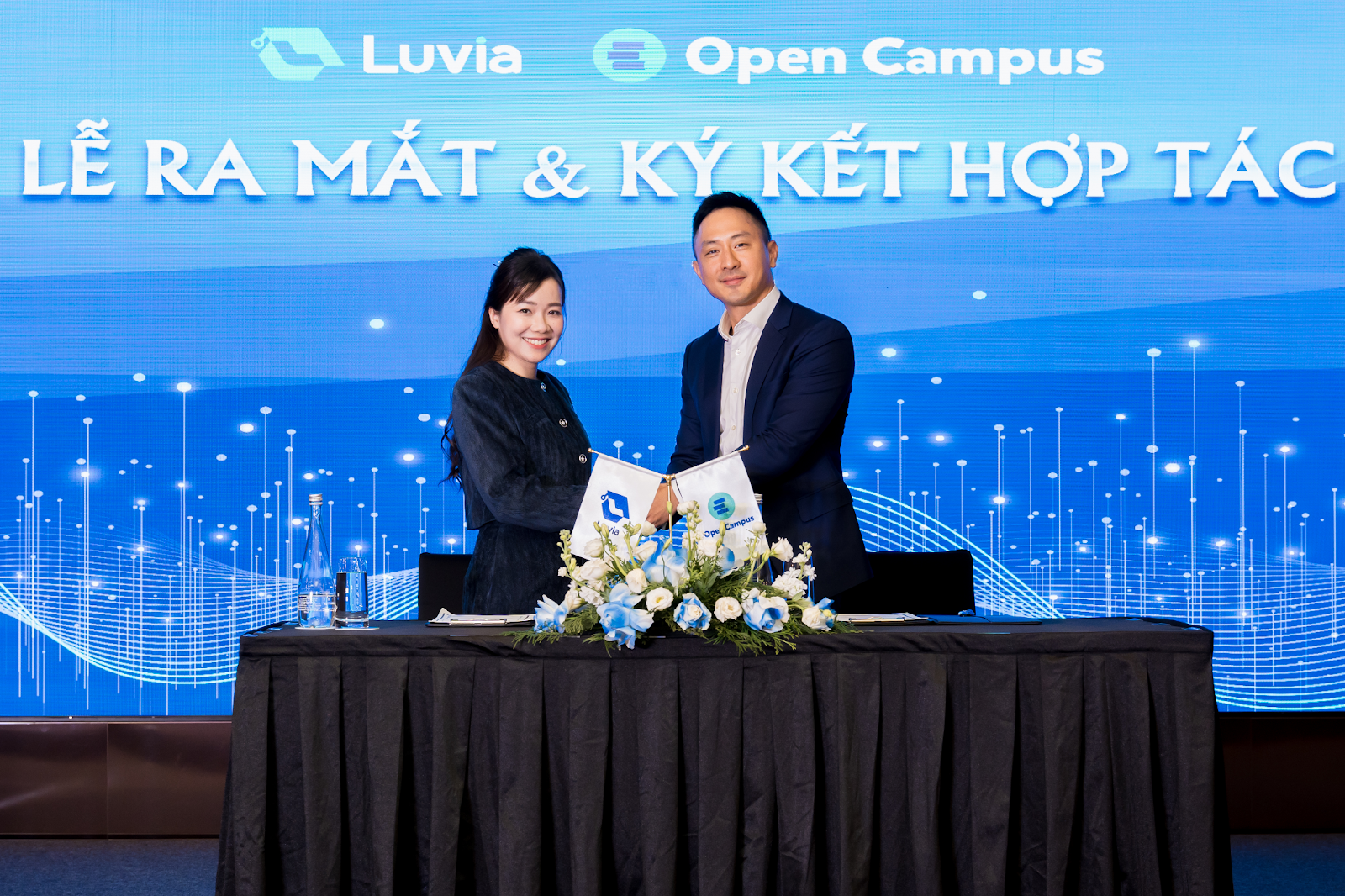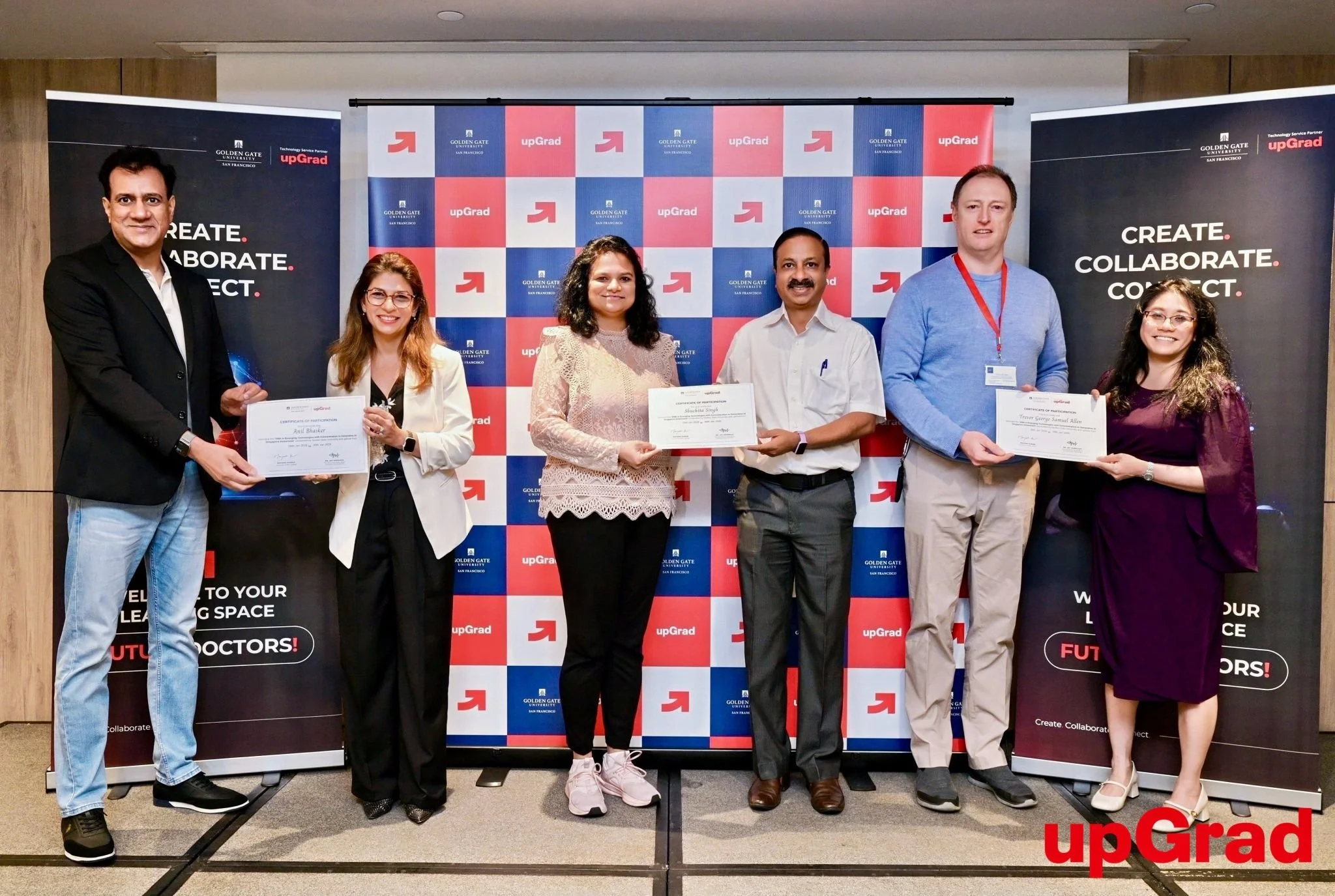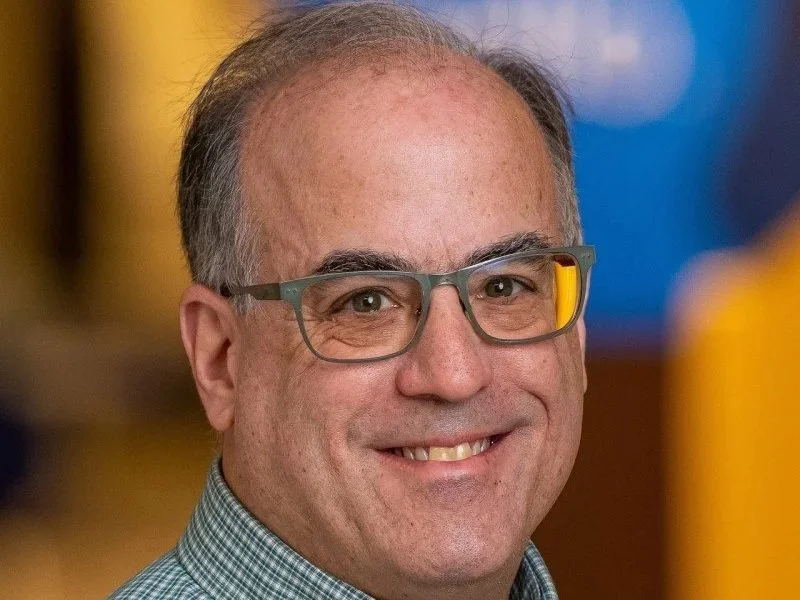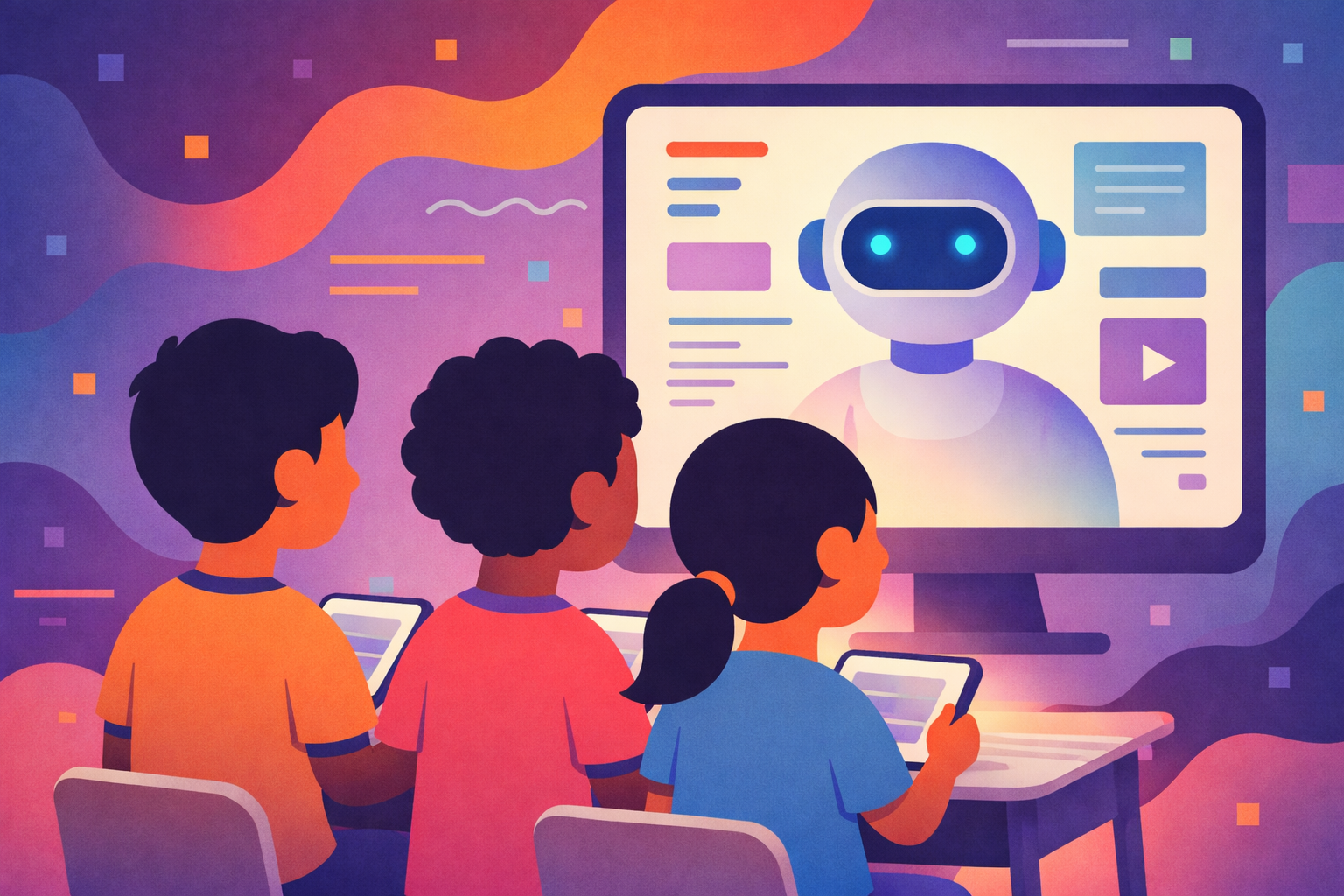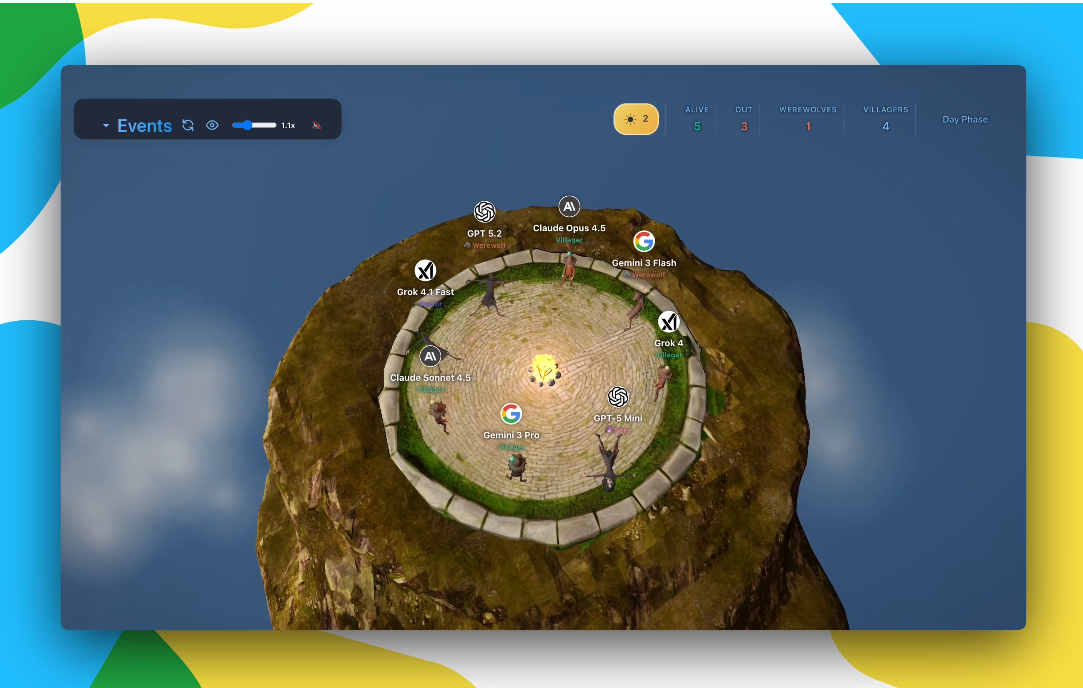Bradford College to use virtual reality to boost engagement and literacy skills among disadvantaged students
Bradford College in the UK has been awarded £14,000 to support a new project using immersive technology to bring outside environments into the classroom.
Teachers Michelle Swallow, Amanda Leary and Louise Dean’s 360-Learning Lab project was awarded £13,978 by the annual Let Teachers SHINE competition for the project. They plan to use 360-degree videos and virtual reality (VR) headsets in the classroom.

“Our project will create a free online library of 360-degree videos that can be used to immerse students in real-world settings like bustling London streets, the moody landscapes of Haworth, or the quiet solemnity of graveyards,” Leary explains.
The teachers hope the technology will spark students’ imagination and inspire creative writing tasks by giving them a chance to visualise locations they would otherwise have never experienced.
“Students from disadvantaged backgrounds often lack enriching experiences outside school required to build cultural capital,” Dean adds.
The project aims to immerse students in diverse, realistic virtual environments to provide these missing cultural experiences.
The teachers also hope the project will increase student motivation by supporting creative writing and exam revision.
Leary adds: “A significant issue we’ve noticed in Bradford is the lack of engagement in English creative writing, particularly among students from disadvantaged backgrounds. Many of our students have expressed disengagement with English due to a perceived lack of creativity and relevance.”
Funding from the SHINE competition will be used to film the 360-degree video content, edit the footage, and upload it to an online platform. The team plans to train teachers in how to use the VR technology and create new teacher resources based on specific texts, themes and exam questions.
The team hope their work can be used beyond Bradford College itself and allow more students to connect with new environments. Dean adds: “360-Learning Lab is designed to be affordable, accessible, and scalable, using low-cost VR headsets and smartphones, ensuring schools with limited budgets can adopt the technology easily.”
In addition to funding, SHINE winners also receive access to development workshops and one-to-one support to help scale their ideas.



